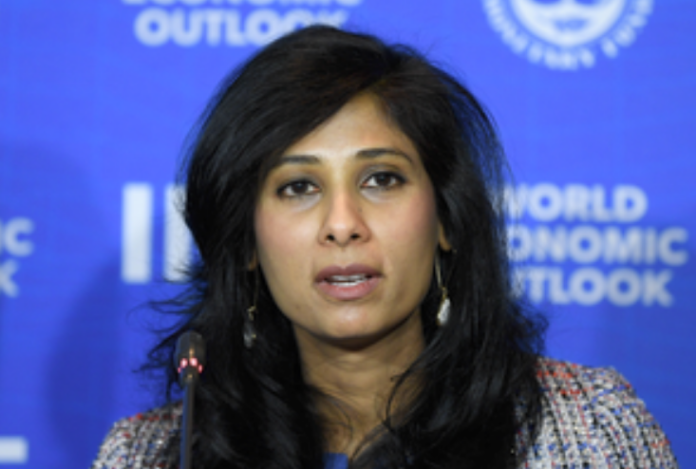NEW DELHI — Emerging markets have demonstrated remarkable resilience during recent global crises, thanks to robust monetary policy frameworks and a commitment to inflation targeting, said IMF Chief Economist Gita Gopinath on Sunday.
In a post on X, Gopinath praised emerging economies for navigating the shocks of the pandemic and the global energy crisis. “Kudos to emerging markets. They’ve shown a lot of resilience after some tough knocks,” she said, sharing remarks from a recent IMF meeting.
Gopinath emphasized that this resilience stemmed from sound monetary frameworks and adherence to inflation targeting, which maintained credibility even in uncertain environments. “The lesson here is the importance of solid monetary policy and clear communication to anchor inflation expectations,” she added.
India, in particular, remains the fastest-growing major economy, with the IMF projecting growth of 6.2% in 2025 and 6.3% in 2026—more than two percentage points higher than China, whose growth is forecast at 4% and 4.6%, respectively. The IMF’s April 2025 World Economic Outlook downgraded growth projections for 127 countries, with global growth expected at just 2.8% in 2025.
Gopinath stressed that beyond monetary stability, countries need clarity in trade policies and structural reforms to rebuild resilience and restore growth momentum.
In line with these global trends, India’s central bank has also adjusted its stance. The Reserve Bank of India’s Monetary Policy Committee (MPC) recently reduced the policy repo rate by 25 basis points to 6%, aiming to stimulate lending and investment. This move comes amid global economic uncertainty, with fluctuating crude oil prices, a weakening US dollar, and volatility in bond and equity markets.
While India’s economic outlook is improving, particularly with easing inflation, Gopinath cautioned that global and weather-related risks remain. Sound communication and policy predictability will be crucial for emerging markets to sustain their growth, she added. (Source: IANS)








